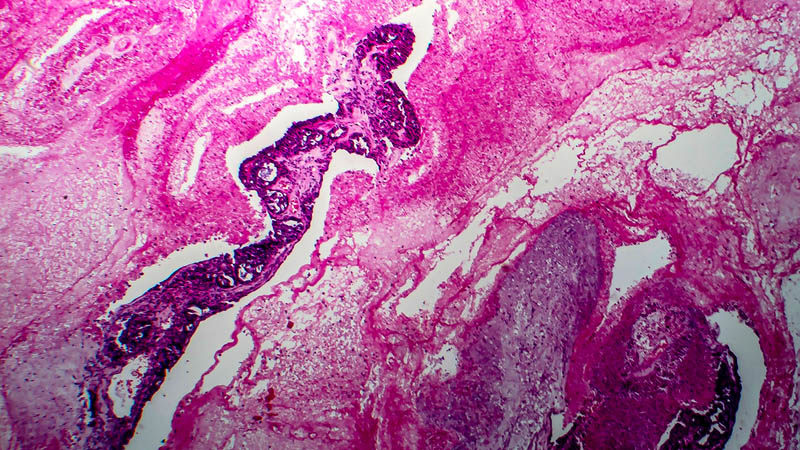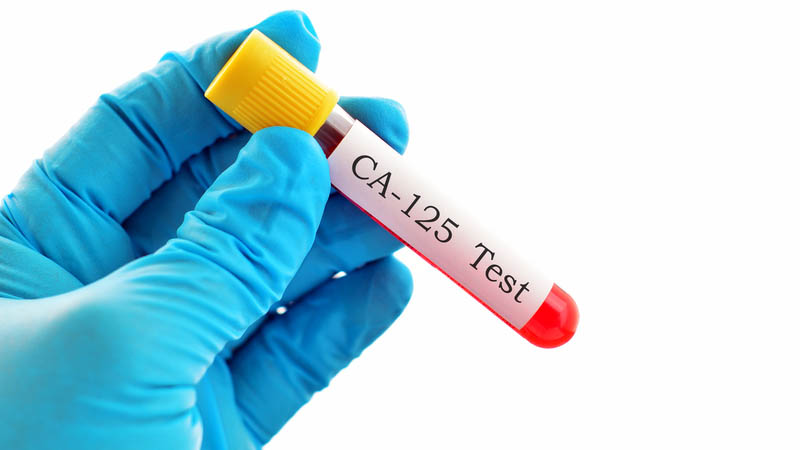Hypoxia can stimulate angiogenesis by degranulation of mast cells
Dariusz Szukiewicz, Grzegorz Szewczyk, Wacław Śmiertka, Sławomir Maśliński
 Affiliacja i adres do korespondencji
Affiliacja i adres do korespondencjiThe placental angiogenesis is crucial for the proper course of pregnancy. The trophoblast cells are able to grow invasively. The oxygen concentration can modulate the degree of invasiveness of the trophoblastic tissue e.g. by changes in the intensity of angiogenesis. The human placenta is a relatively good source of mast cells (MC), whose secretory granulations contain angiogenic factors (e.g. VEGFs). On hypoxia, the placental cells have been proved to physiologically increase the expression of VEGFs. The aim of this study was to assess the influence of hypoxia on the process of MC degranulation in an extracorporeal culture of human trophoblastic cells. The cells from full-term pregnancies as well as most cells from the umbilical blood were obtained to form in vitro co-cultures. After 30 minutes of incubation in hypoxic environment (2% O2), a computer analysis assessed the degree of mast cells degranulation. The cells had been stained with 0.001% ruthenium red and osmium tetroxide. The results were compared with those obtained at normoxia. Control tests included incubation with the compound 48/80 (which causes degranulation) and disodium cromoglycate (DSCG, mast cells stabilizer). Hypoxia led to increased degranulation of MC (p<0.05) in the co-culture with trophoblastic cells. Maximum intensity of this process was similar to this observed with 48/80, but the rate of this reaction was lower. Prior incubation with DSCG inhibited the degranulation, both at hypoxia and in response to 48/80. Due to the presence of numerous mediators in their secretory granulations, mast cells at hypoxia are able to affect e.g. the placental angiogenesis, the vessels permeability and the trophoblast invasiveness. Changes in the number of MC or in the proportion between their subtypes (MCTC and MCT) can play an important role in the physiology and pathology of the human placenta.









